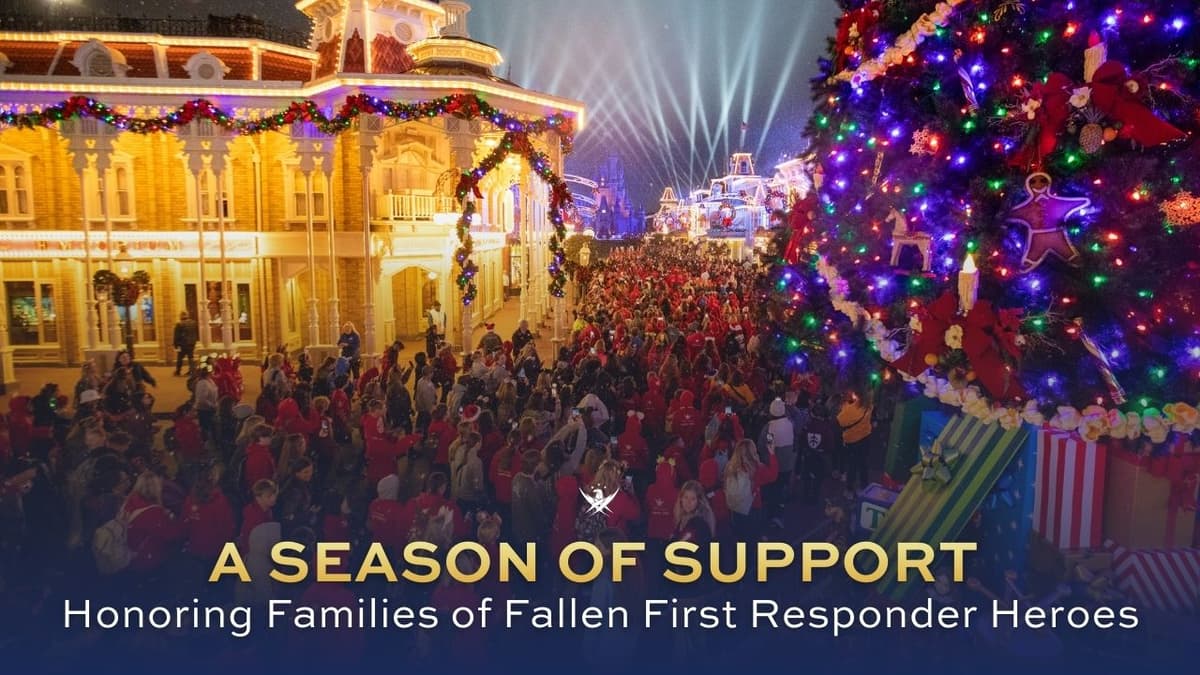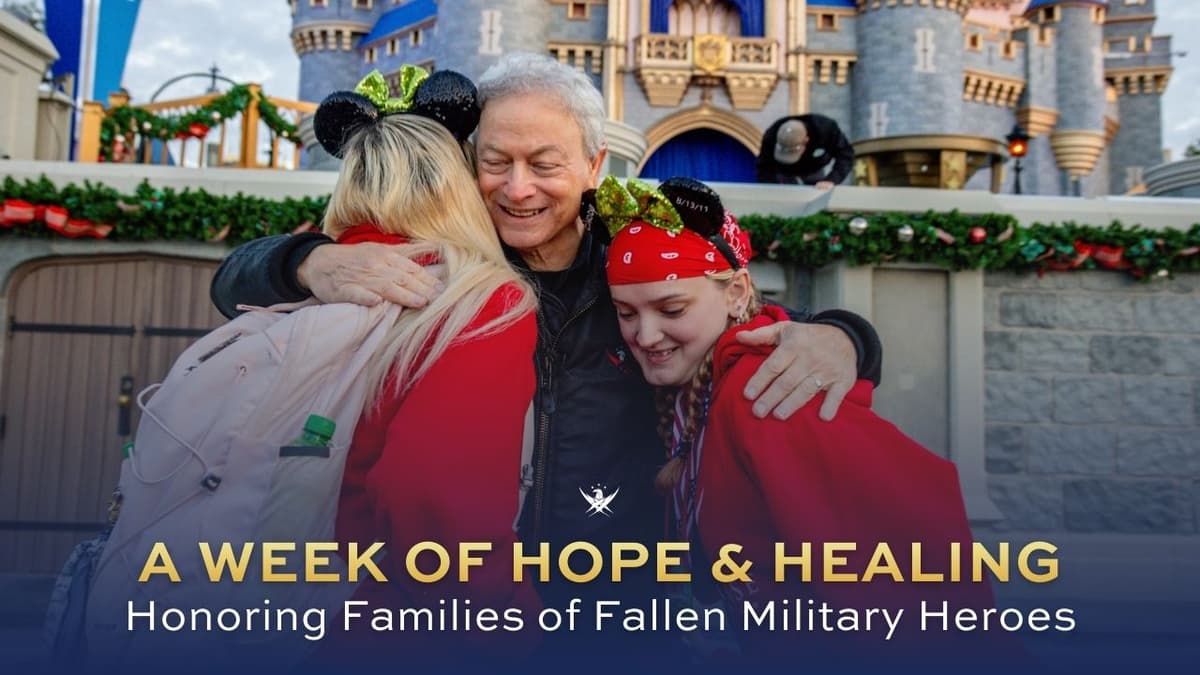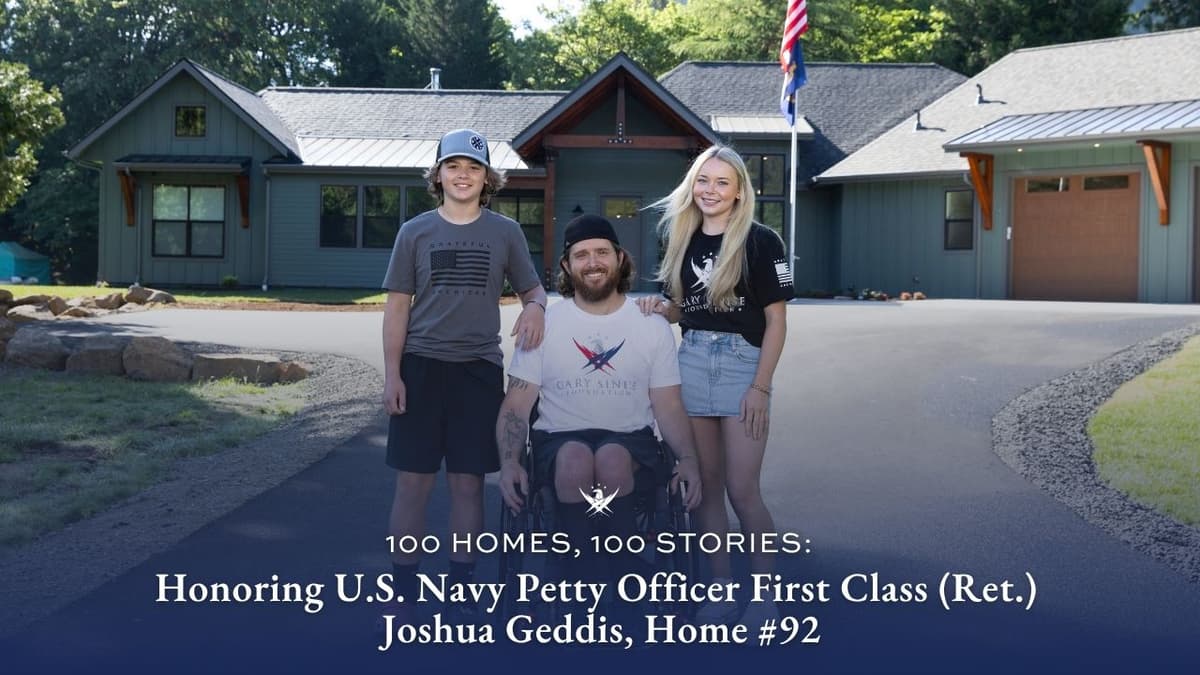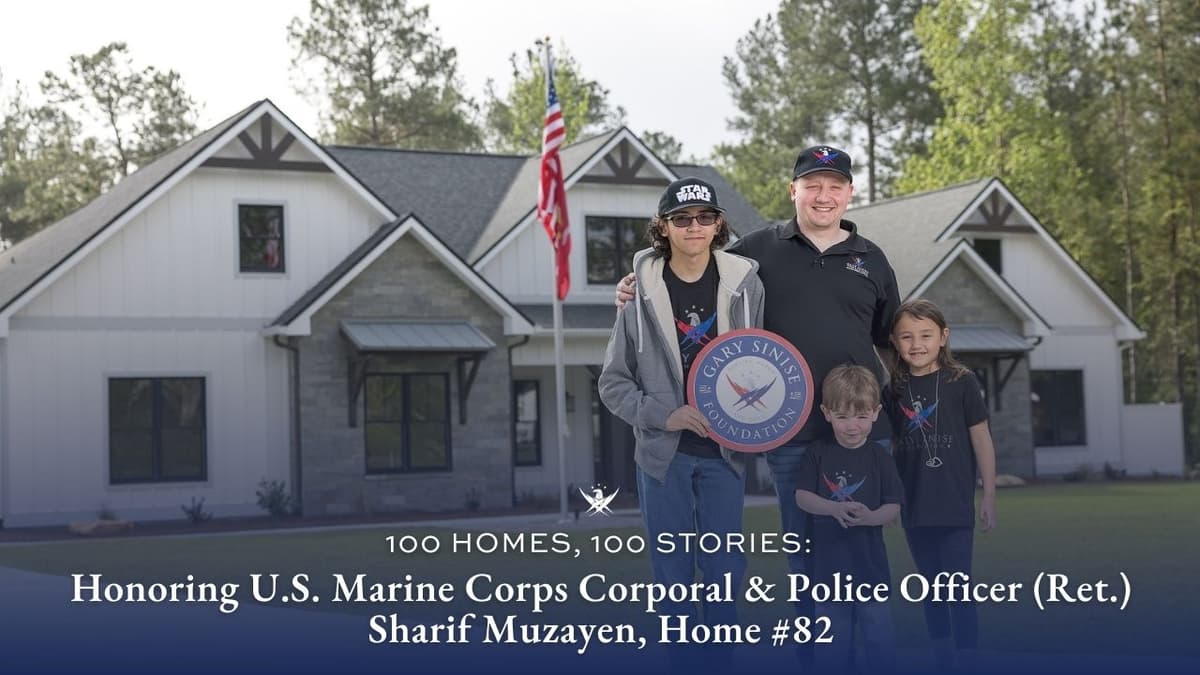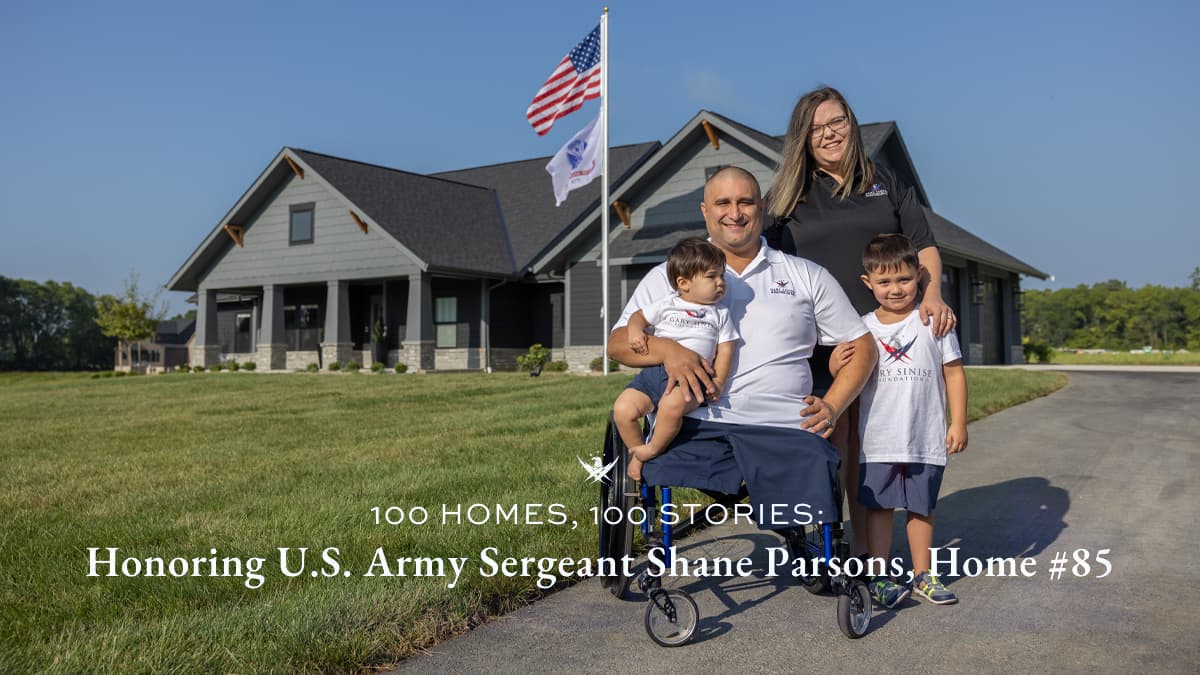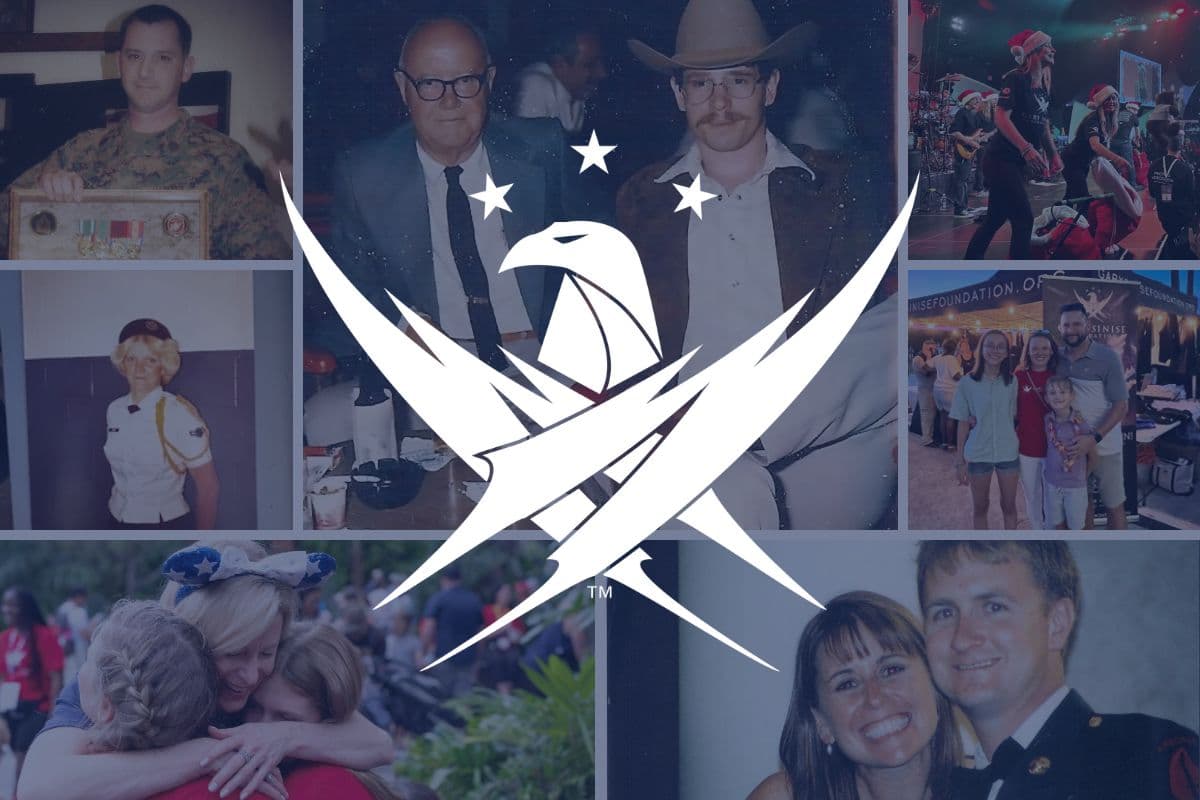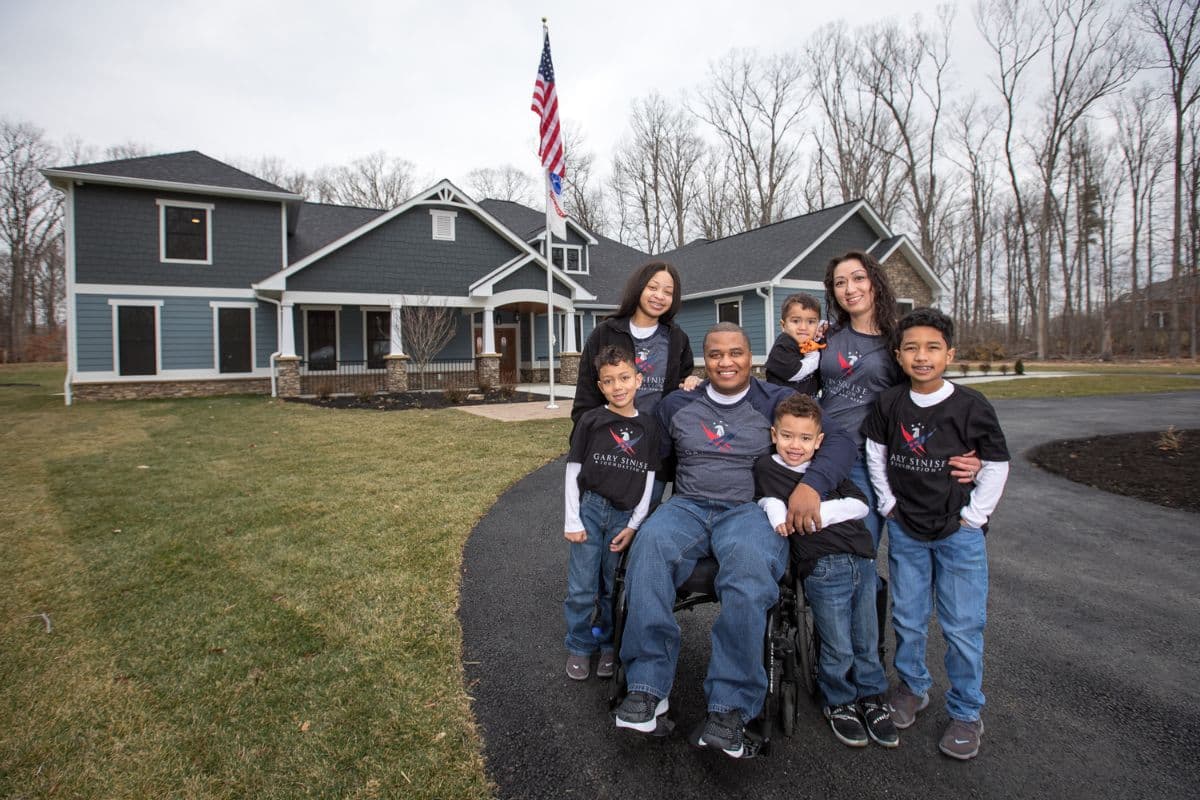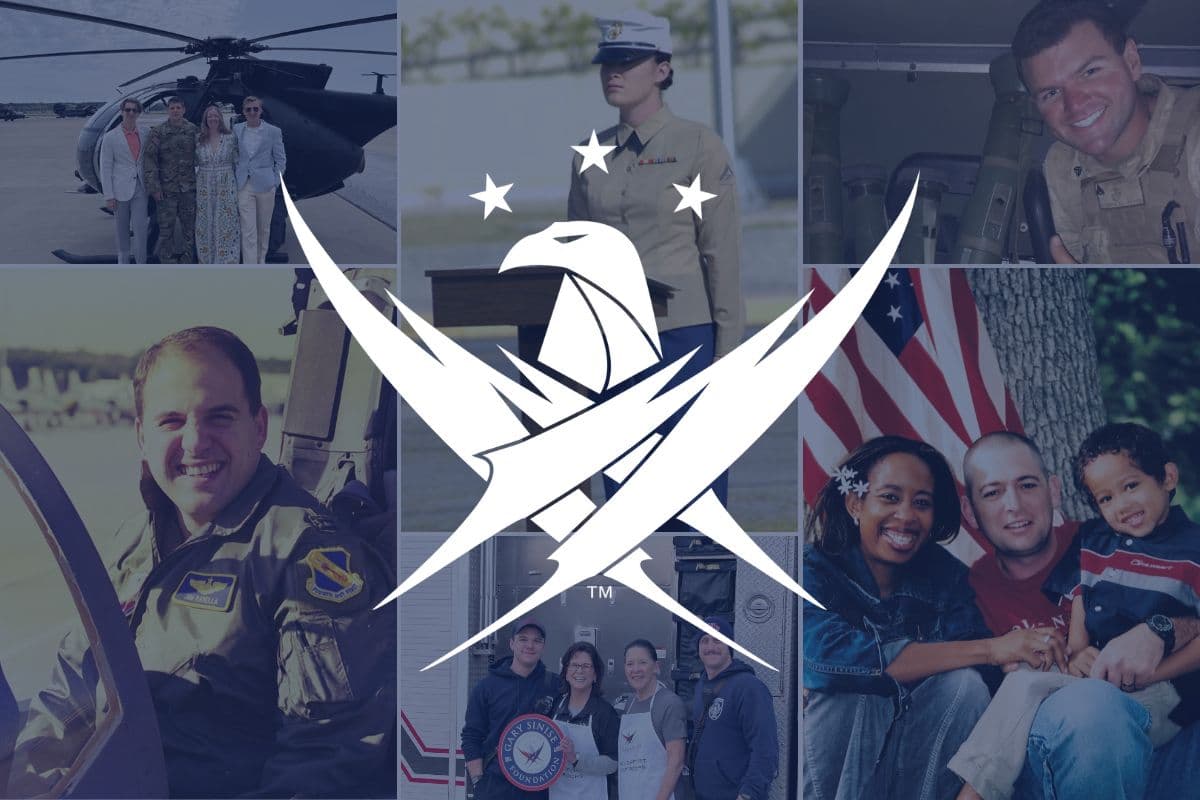8-week financial seminars deliver money management strategies to military widows
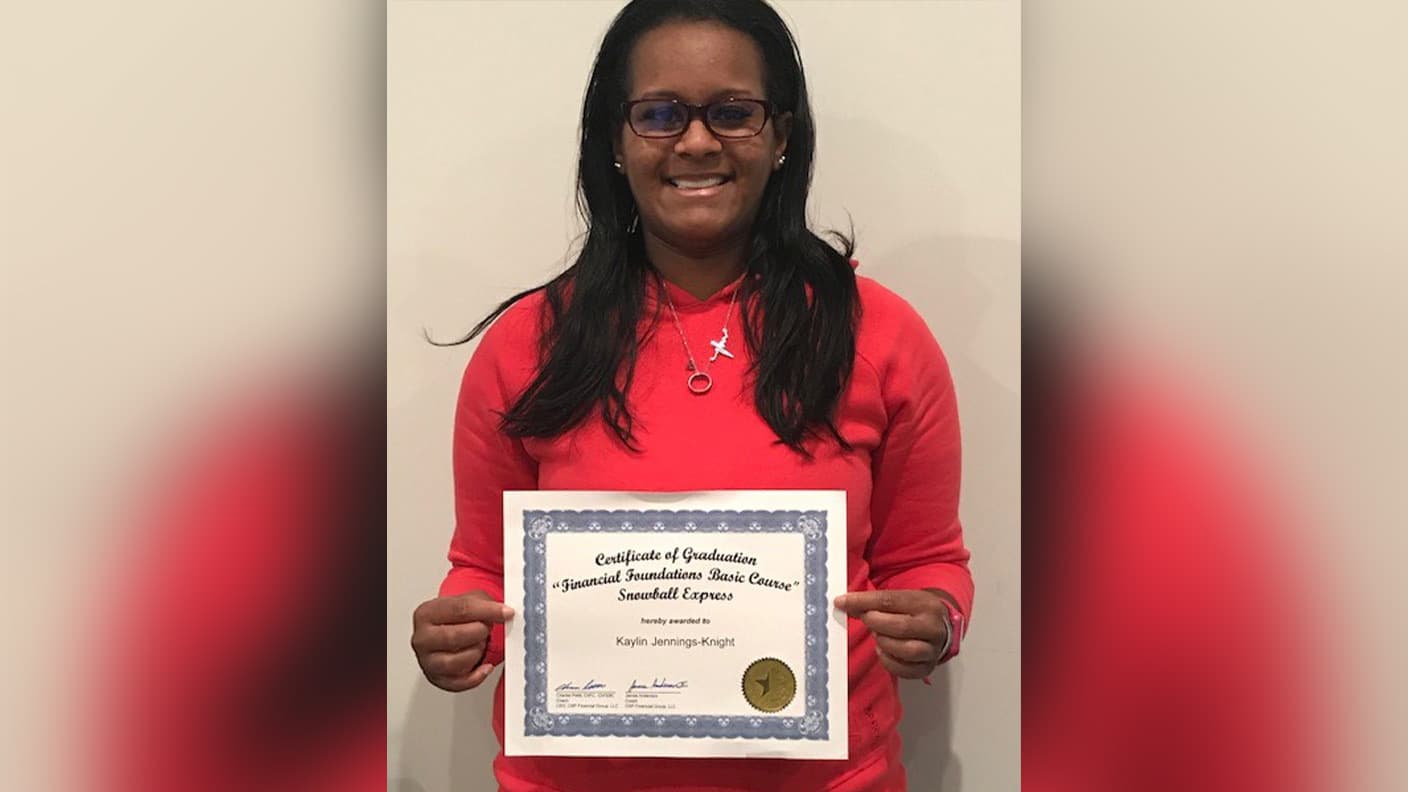
Consider for a moment your answers to the following questions: How much money do you need to save to be able to live at your current standard of living and last through life expectancy? Or, if you’re not retired yet, do you know how long you will have to work to be able to live at your current standard of living until your life expectancy?
For surviving spouses of deceased service members, these questions and others are being analyzed and thoroughly discussed and put into action during eight-week financial seminars organized by the Gary Sinise Foundation and hosted virtually by CSP Financial Group for Snowball Express families. The first seminar took place in late July.
From the first lesson conducted over Zoom, participants working from their kitchen tables and living rooms are asked four questions whose answers effectively determine short-term and long-term financial planning. For two hours in the evening each week, a gamut of topics are covered, from tax planning and life and health insurance benefits to investing and estate planning. Lessons are reinforced through assigned homework, such as watching videos about investment practices and wealth management strategies.
“By the end of eight weeks, they understand how money flows through their life,” said Charles Pettit, who leads the seminar alongside his colleague, James Anderson. Pettit spent 12 years in the Army, including a combat deployment during the Gulf War and to Somalia.

Using an illustration of the Personal Economic Model developed by Don Blanton for financial services professionals, Pettit details how cash (earned income) moves between and into savings and investments, filtering through taxes and costs associated with standards of living and lifestyle choices. The picture — three side-by-side tanks connected by a series of pipes fitted with valves that act as regulators — is what Blanton describes as “something you might see in the basement or mechanical room of your home.”
More than 50 spouses have participated in the program, according to Amber Johnson, who works with Snowball Express families as the foundation’s family support manager. Owing to the economic downturn caused by the novel coronavirus Ms. Johnson said in an email, “Families were needing a strategy for better budgeting and long-term savings and more.” CFP Financial has been conducting the seminar at no cost to Snowball Express families since July 31. Seminars will continue into 2021.
The financial circumstances surrounding each participant is as varied as their long-term goals. “We have some that are in really rough shape financially that are in debt,” said Pettit, while others “have quite a bit of money saved, but the way they are managing the money, in my opinion, certainly can be better.”
For Jennifer Hansen, the seminar offered practical steps towards reaching her retirement goals and planning for when her son, Michael, turns 16 when she no longer receives income from social security. Ms. Hansen said that the materials and slides from each lesson, particularly the budget system and guide on investing in long-term savings like an IRA, have staying value, “It’s something that is relative and useful for the rest of our lives. It’s not momentary.”
In the months and years after their husbands’ death, Pettit has found that many widows all but gave up on their dreams. Now, with a foundation of financial literacy guiding their decision making and money management, those dreams are being reincarnated in one way or another. Some are going back into the workforce as others are investing in long overdue home renovations.
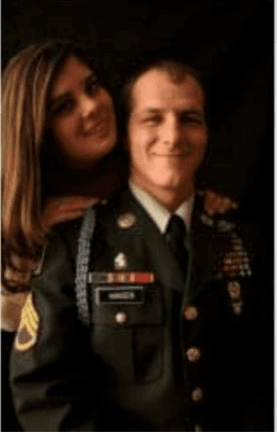
With as much emphasis the seminar places on financial education and setting long-term financial goals, both Hansen and Pettit point out how the seminar evolved into a forum of candid conversations and camaraderie between participants.
When an active duty service member dies or, say, is killed in a combat zone, the torrent of money retroactively deposited into the bank account (in some cases a mailed check) of their survivor or designated beneficiaries present a worst-case scenario for sound financial planning, said Anderson.
In most cases, explained Pettit, survivors “are getting the $100,000 one-time payment (death gratuity). They’re getting about $400,000 on average from the SGLI (Servicemembers’ Group Life Insurance). They’re getting $500,000, lump sum, plus if their spouse had private life insurance, they’re getting that. And, they’re getting on average, two to three thousand dollars a month for many years.”
Before her husband was killed in Afghanistan in 2008, Tianna (Miller) Todd remembers living paycheck to paycheck and rationing milk to feed their three-and-a-half-year-old daughter, Madison. When David, a sergeant first class in the Army, died, it set in motion an unexpected lifestyle change and not so well thought out decisions.
On the worst day of her life, Ms. Todd remembers the casualty assistance officers knocking on her front door, her head growing foggy with the halting news that David was dead. She remembers being asked by the officers that day to write ‘void’ on a blank check. “It’s like you’re giving them a check for your husband. The symbolism behind that is horrible — it’s not a fair exchange,” she said.
“It’s not the time to be throwing money at somebody. It’s not the time to be throwing half a million dollars at somebody who can’t even balance a checkbook at the moment, much less plan out getting our kids through college and us through retirement.”
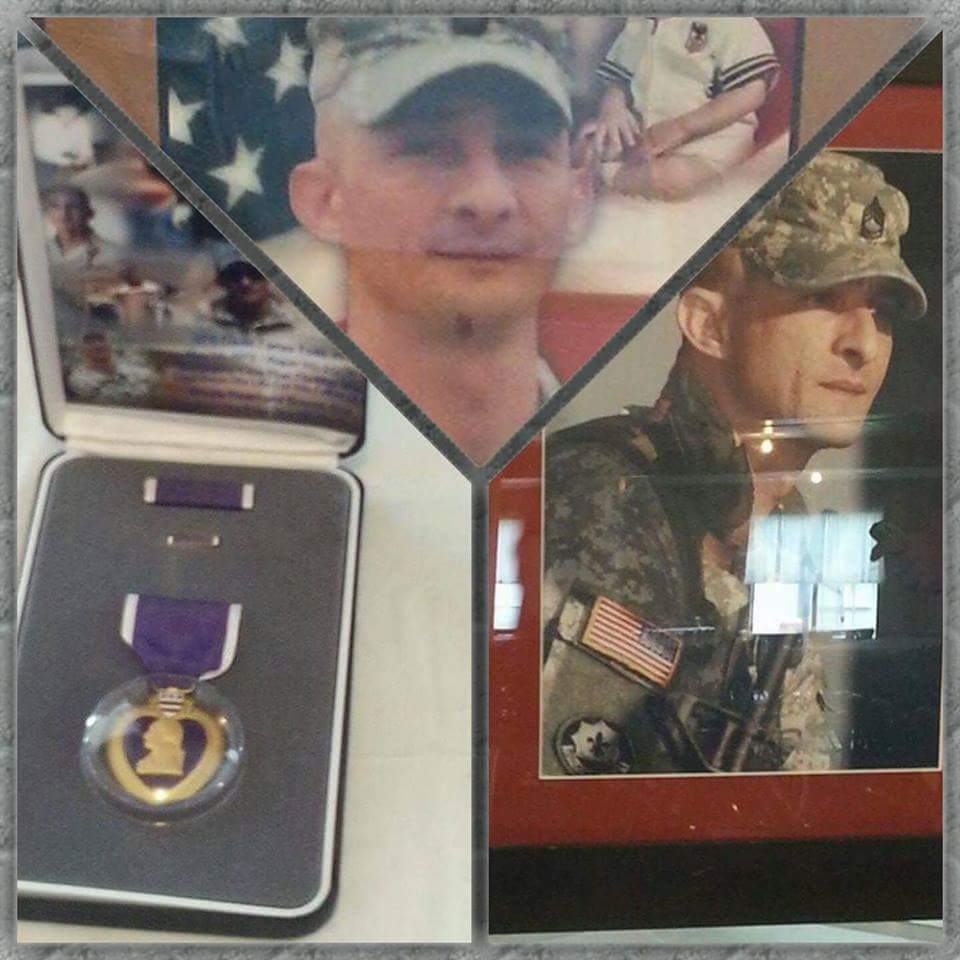
The sudden change in economic circumstances Ms. Todd and other surviving spouses find themselves in is a reason why Mr. Pettit says that for those who lack even a rudimentary knowledge of managing their money, “They have no idea what to do with it.”
“A lot of times they burn through it within a few years, or they’ll go and pay cash for a house. They’re just not as prudent as they really could be if they had the information.” Having the right information and understanding that information goes to the heart of the seminar.
So too is the seminar meant to pivot away from a narrow financial outlook. For some participants, Anderson said, “Money and finances really became survival.” For Ms. Todd, months after her husband’s death, she acted on her casualty assistance officer’s advice by buying a house that is hours away from her family and support system. She has regretted the decision since.
The survivalist mentality Anderson noted gets broken down each week of the seminar and rebuilt lesson by lesson, questionnaire by questionnaire, and by one-on-one consultation with Pettit. By the time they finish the seminar, participants are more prudent with their money with realistic financial goals guiding their decision making.
All this comes as COVID-19 has sent shockwaves throughout financial markets and major indexes in fits and spurts all year. Still, fluctuations in the market require a small adjustment in short-term strategy, albeit with an eye on the big picture, explained Pettit. Financial planning is, after all, “generally more longer-term.”
Graduates of the seminar are already putting lessons from the seminar into practice.
Some are shifting their investments into tax-deferred or tax-free vehicles like converting a traditional IRA to a Roth IRA. Others are preparing wills and estate planning. Many are taking advantage of historic low-interest rates by refinancing their home mortgage. Said Pettit, “They’re making prudent investment decisions based on academics and not emotions.”

